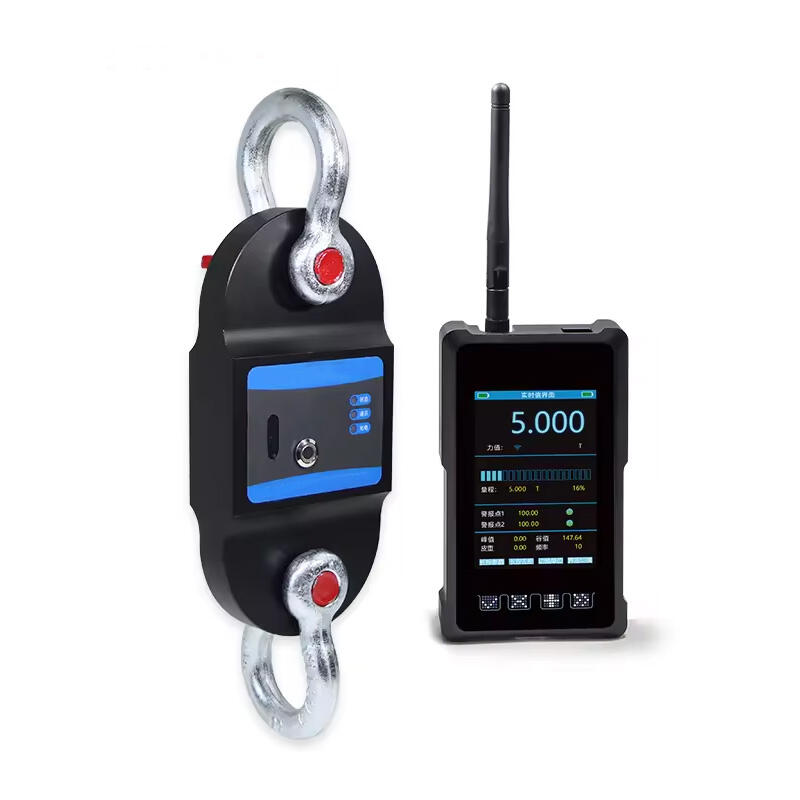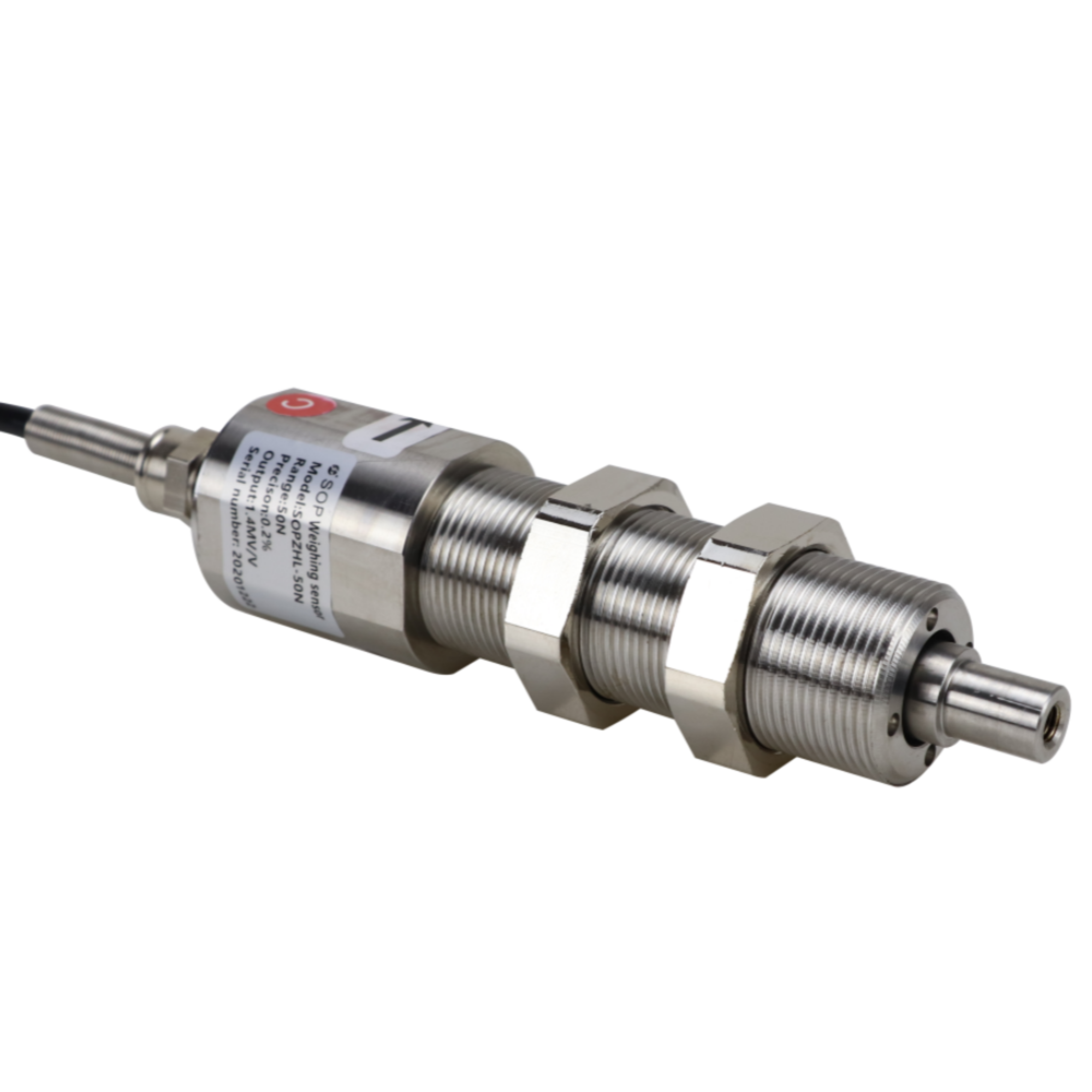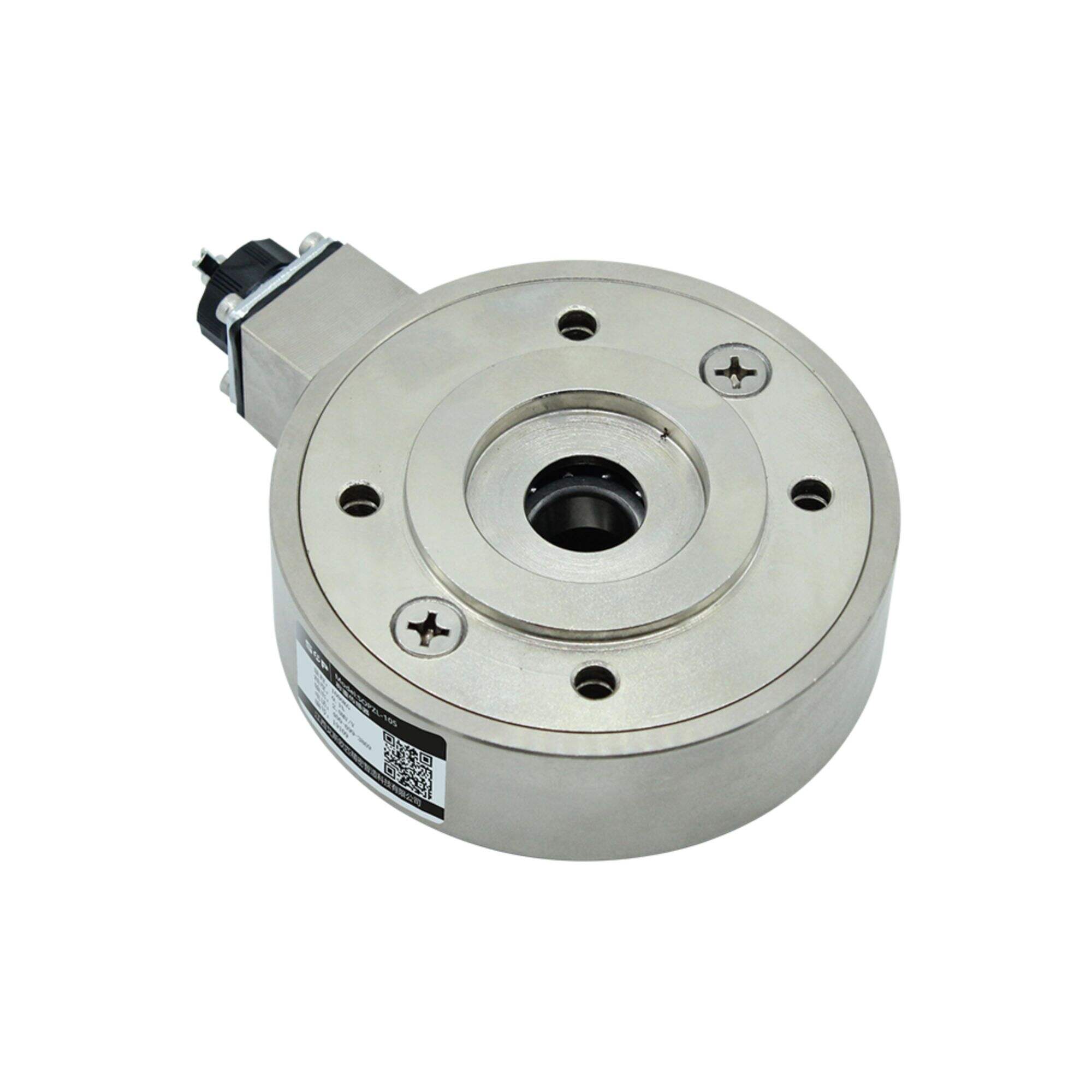Tensile load cells are sensors that many professionals use to determine the amount of force exerted upon a given object. Used in many industrial environments, these tools are instrumental when studying the quality of materials and products. Furthermore, they are used in different areas; this includes research and healthcare among others where accurate weighing is a must.
There are many benefits to using tensile load cells in industrial environments. Maintaining product quality has been one of the major advantages. These devices are used to enable manufacturers to confirm the materials they use in their products have the requisite strength durability for continuous everyday usage. Its this quality control practice that meets industry regulations and increase product durability.
Additionally, tensile load cells reduce this failure risk. It is also very important that industrial machinery fulfills certain strength standards to function appropriately. By including load cells, producers can test whether their equipment is strong enough for the substances that are used in production.
A tensile load cell is mounted to the material through means of hooks or grips when for use with a materials test. After the load cell is attached, it starts capturing data of what force has been pressed from top on to that material. This recording goes on until the material breaks itself.

Thermistor load cells have a key advantage for use in material testing, that being the ability to offer results of high accuracy and dependability. Testing under consistent conditions allows researchers to minimize variation in results and so better ensure their reliability.

Different variations of Tensile load cells, each designed for specific application are used. Strain gauge load cells, hydraulic load cells, and piezoelectric type of loadcells are some popular types.

Affordable and precise, indeed a Strain gauge load cells monitors any form of deformation in the structure when force applied. Hydraulic load cells are a another good way of measuring high force, with the use of fluid to measure how much pressure is added.
Our main products comprise various kinds of sensors, such as linear displacement sensor, draw wire sensor, load cell, LVDT sensor torque sensor, pressure sensor, magneto sensor more. We provide OEM/ODM services accordance with tensile load cell of the customer.
We are accredited by CE, RoHS ISO9001. We ensure every item undergoes a rigorous inspection prior tensile load cell. SOP also has engineers can offer after-sales services solve any problems with the product.
Customers can select a variety transport services. We provide secure packaging expedited shipping to all of stock items. After shipment you will tensile load cell tracker details.
SOP is a manufacturer high-tech product that has over 20 years' experience in manufacturing and worked with over 5000 clients tensile load cell. SOP is reputable company engaged in research, development and manufacturing of various types of sensors.